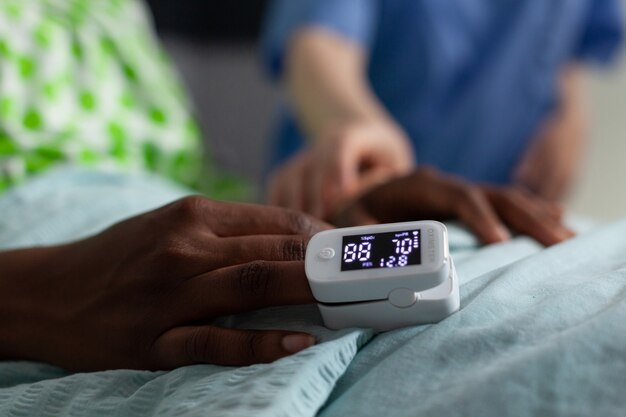There is a strong connection between diabetes and erectile dysfunction. Studies show that people with diabetes are three times more likely to experience erectile dysfunction compared to those without diabetes.
Risk Factors
Several factors increase the chance of erectile dysfunction in people with diabetes:
– Age: The older you get, the more likely you are to experience erectile dysfunction.
– Poor Blood Sugar Control: High levels of glycated hemoglobin, which indicates poor blood sugar control, increase the risk.
– Long Duration of Diabetes: Having diabetes for a longer period also raises the risk.
– Microvascular Complications and Neuropathy: These conditions, often linked with diabetes, contribute to higher risk.
– Hypertension and Medication: High blood pressure, especially when treated with certain medications, can elevate the risk.
– Smoking: Smokers are at a greater risk.
– Alcohol Consumption: Higher alcohol intake is linked to an increased risk.
– Obesity and Sedentary Lifestyle: These lifestyle choices can also increase the risk.
In some cases, erectile dysfunction is the first visible symptom of diabetes in men.
Causes
There are several reasons why diabetes can lead to erectile dysfunction:
– Psychogenic Causes: Knowing that diabetes is a chronic condition linked with erectile dysfunction can cause performance anxiety, which can worsen the problem.
– Macrovascular Changes: Poorly controlled diabetes can lead to excess glucose binding to blood vessel walls, making them less flexible and causing atherosclerosis, which reduces blood flow to the penis.
– Nervous System and Endothelial Dysfunction: Damage to small blood vessels can lead to neuropathy, reducing the production of nitric oxide, crucial for an erection.
Treatment Considerations
Diabetic patients with erectile dysfunction should talk to their healthcare provider before trying any treatments on their own. This is important because common erectile dysfunction medications might interact negatively with drugs used for diabetes-related issues like heart, liver, or kidney diseases.
Diabetes can also change how the body responds to these medications, possibly causing severe side effects. A healthcare provider can recommend the safest and most effective treatment plan, considering all existing conditions and medications.







